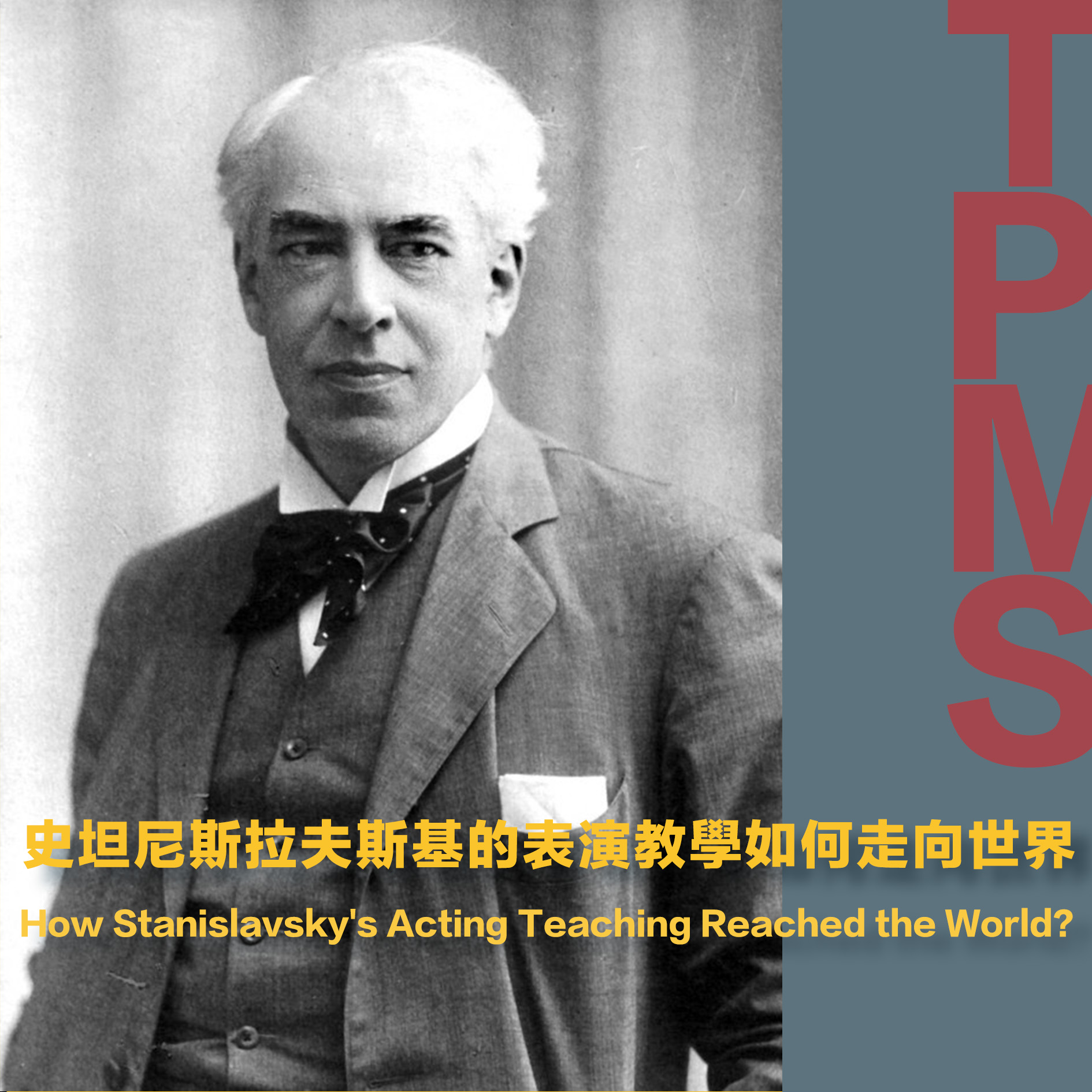Stanislavski, the pioneer of modern acting teaching, left an indelible mark on the world of theater. But did you know that it was Richard Boleslavski who introduced Stanislavski’s teachings to the world outside Russia?
Richard Boleslavski: A Key Propagator of Stanislavski’s Teaching
Richard Boleslavski (1889 – 1937) played a pivotal role in disseminating Stanislavski’s teachings. His journey began with studies at Stanislavski’s groundbreaking Moscow Art Theatre. By the age of 21, he even played a role in the notable theater production “Hamlet,” directed by Gordon Craig. Over time, he became an integral member of the theater company, but after the Communist takeover in 1917, he left Russia and emigrated to the United States.
Establishment of the American Laboratory Theatre
In 1923, Boleslavski established the American Laboratory Theatre, where, with Stanislavski’s endorsement, he trained actors. The curriculum encompassed a comprehensive range of acting techniques – mental, emotional, physical, and spiritual. The syllabus covered voice training, singing, fencing, ballet, and more. Boleslavski, alongside his wife Maria Ouspenskaya, conducted classes along with guest teachers.
Diverse Impact of Stanislavski’s Teaching
Boleslavski wasn’t the only teacher influenced by Stanislavski. Many actors who trained under Stanislavski became teachers themselves, each emphasizing distinct aspects of his teachings. While some remained faithful to the core principles, others accentuated specific facets. For example, Meyerhold concentrated on the actor’s physicality, whereas Michael Chekhov explored psychology through bodily expression.
Evolution of Teaching Systems
Stanislavski’s journey was one of continual evolution – his system was never truly “finished.” Consequently, comparisons of Stanislavski’s teachings varied between teachers. For instance, when examining Boleslavski’s teachings, you’ll notice a strong alignment with Stanislavski’s principles, yet some notable differences also surfaced and expanded over time. Stanislavski emphasized action, while Boleslavski placed a spotlight on emotions.
The Objective of Education: Living vs Knowing
In a previous post, I mentioned Stanislavski’s continual shifts in perspective regarding his system. The notes he left behind, culminating in two of his primary books, exhibit a certain scattered nature. Keep in mind that these notes span approximately 25 years, during which his viewpoints evolved. The fluidity of his ideas, alongside the era in which one collaborated with him, potentially accounts for the disparities in how Stanislavski’s principles are interpreted globally.
So even if you adapt carefully everything “Big Master Stanislavsky” teaches, you might be wrong after some time for… the Big Master has changed his mind.
Acting is a skill and a skill can be learned and improved – there approaches that work better than other. But when you are acting it is not about knowing, it is about doing – it is about living it is about experiencing.
That’s why the crux of Stanislavski’s acting system finds succinct expression in Boleslavski’s words: “The objective of Education is not to know but to live.”

